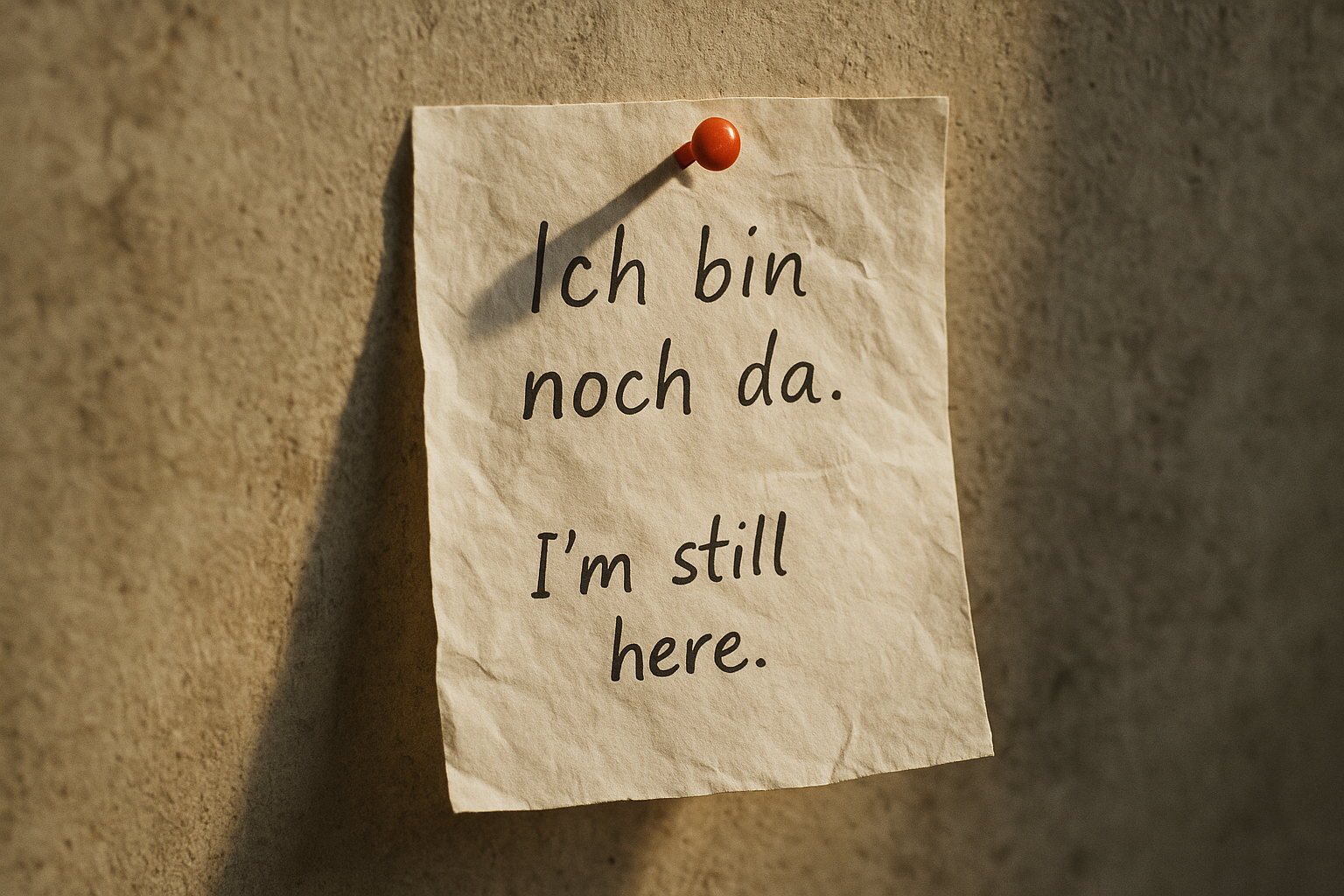Self-worth, when you're not impressed by yourself anymore


Self-worth rarely vanishes in a crash. It fades – slowly.
First you think: "I’m just not in flow." Then: "Maybe I’m not relevant anymore." Eventually, you start rolling your eyes at your own ideas. Not out of irony. Out of weariness.
I used to think self-respect felt like pride. It doesn’t. Pride fluctuates. Self-respect is a stance.
It shows up when no one claps. When no project excites you. No feedback fuels you. No deadline saves you. That’s when you're left with yourself, and the question: Am I someone I still take seriously? Am I someone I trust – even when nothing works?
I lose my self-worth when I confuse myself with my output. When I tie my value to performance. When I try to manage my inner world like a task list.
I find it again when I:
Self-respect begins where I stop pretending.
Self-worth isn’t just internal. It’s constantly shaped by the systems around us – either reinforcing or eroding it.
In the creative world, this often happens so subtly that we think it’s our own fault:
These things don’t just drain motivation. They chip away at your sense of value.
Because we’ve learned to link our work to our worth. Because we believe visibility equals relevance. Because we’re in an industry that demands constant output – but rarely makes space for uncertainty or change.
Especially for freelancers, self-worth is dangerously tied to economic success. Not out of greed – but necessity: If no one hires you, you start believing you’re the problem.
It’s not fair. But it happens.
All the more reason to remind ourselves: Lack of demand says nothing about the value of your work. Only something about the market. And markets aren’t moral beings.
Not my portfolio. Not my reach. Not my productivity.
But one quiet thought: I’m not worth less just because I’m not impressed with myself right now.
That thought is enough for today. And sometimes, that’s all I need.
~ greg
I will never send more than one email per month, I promise!